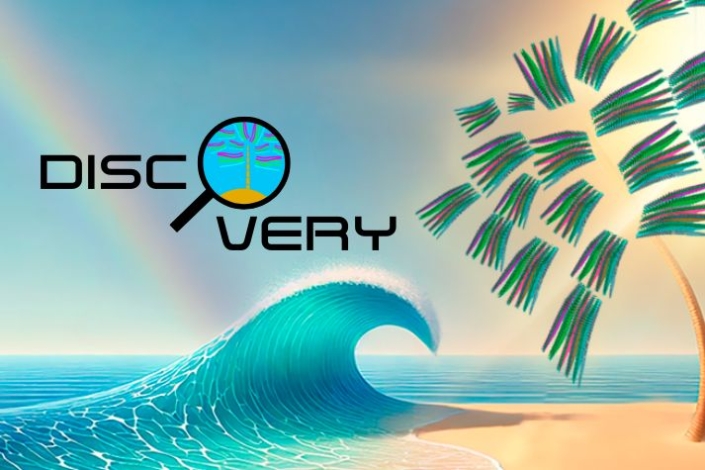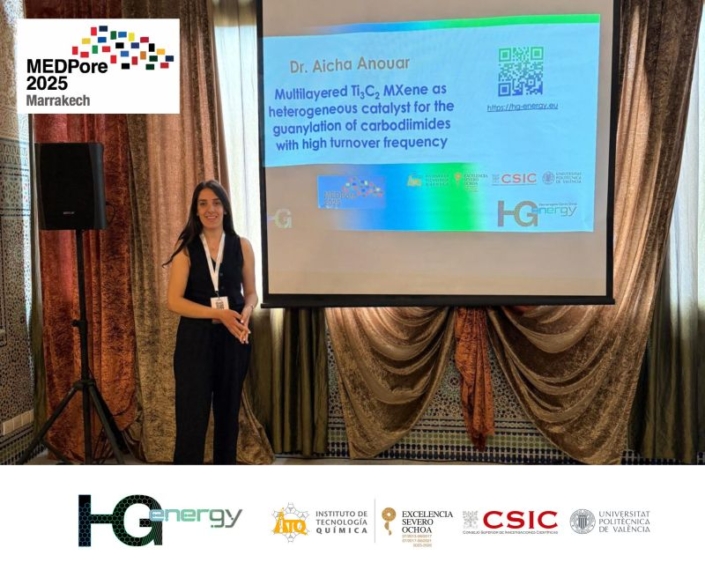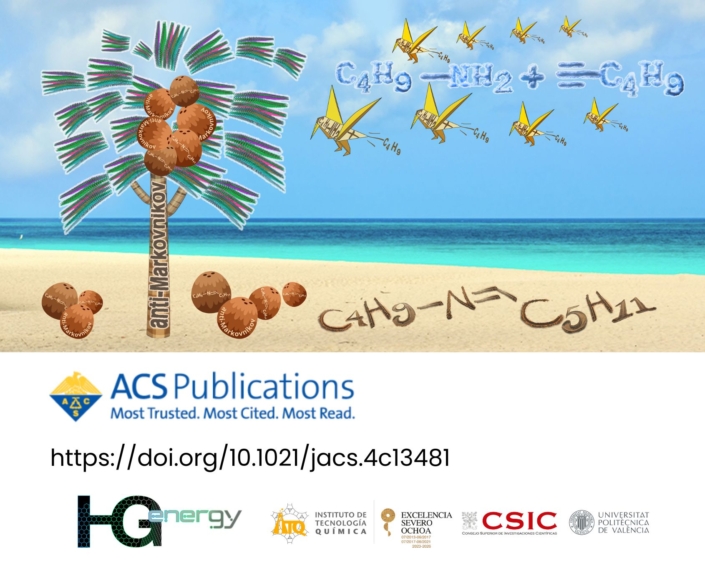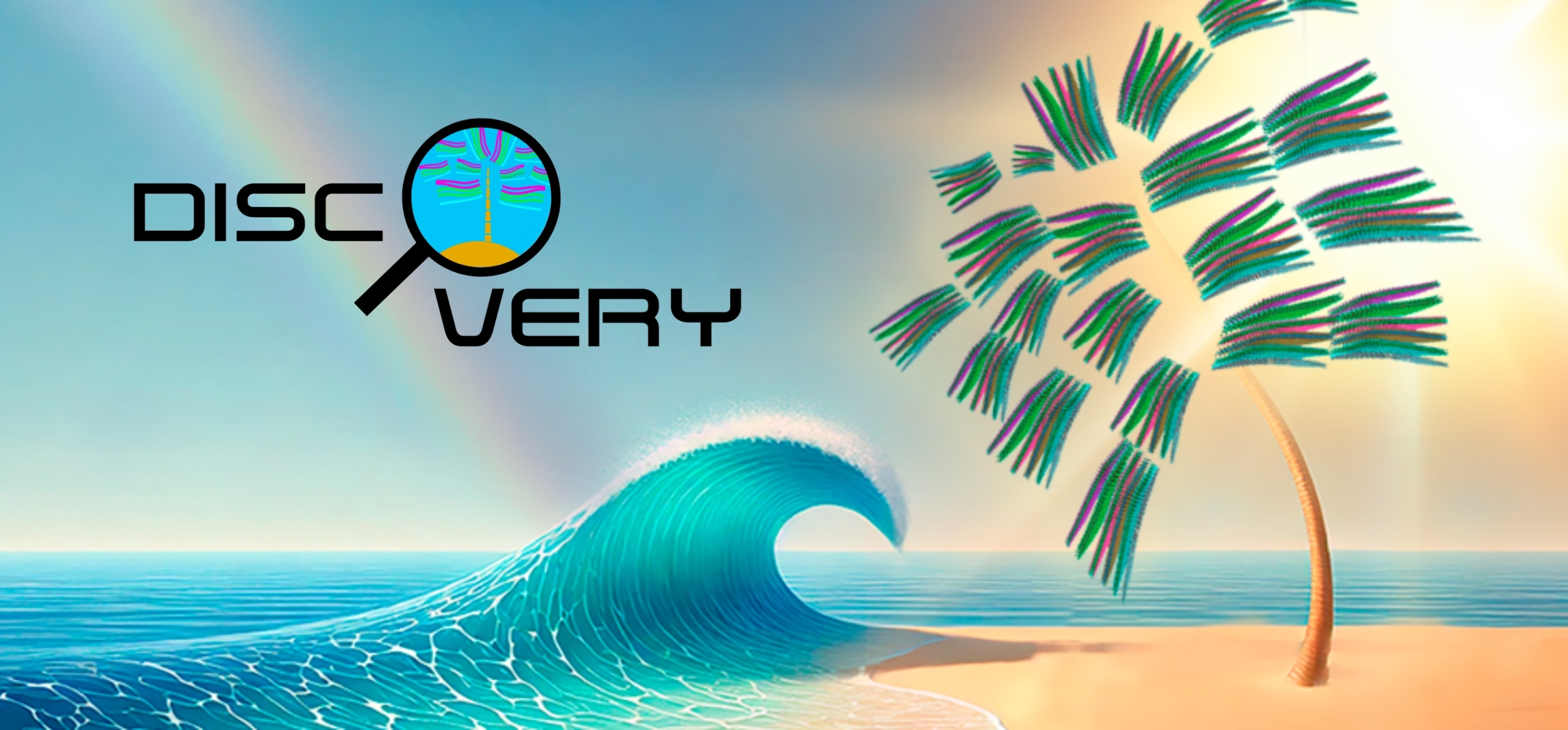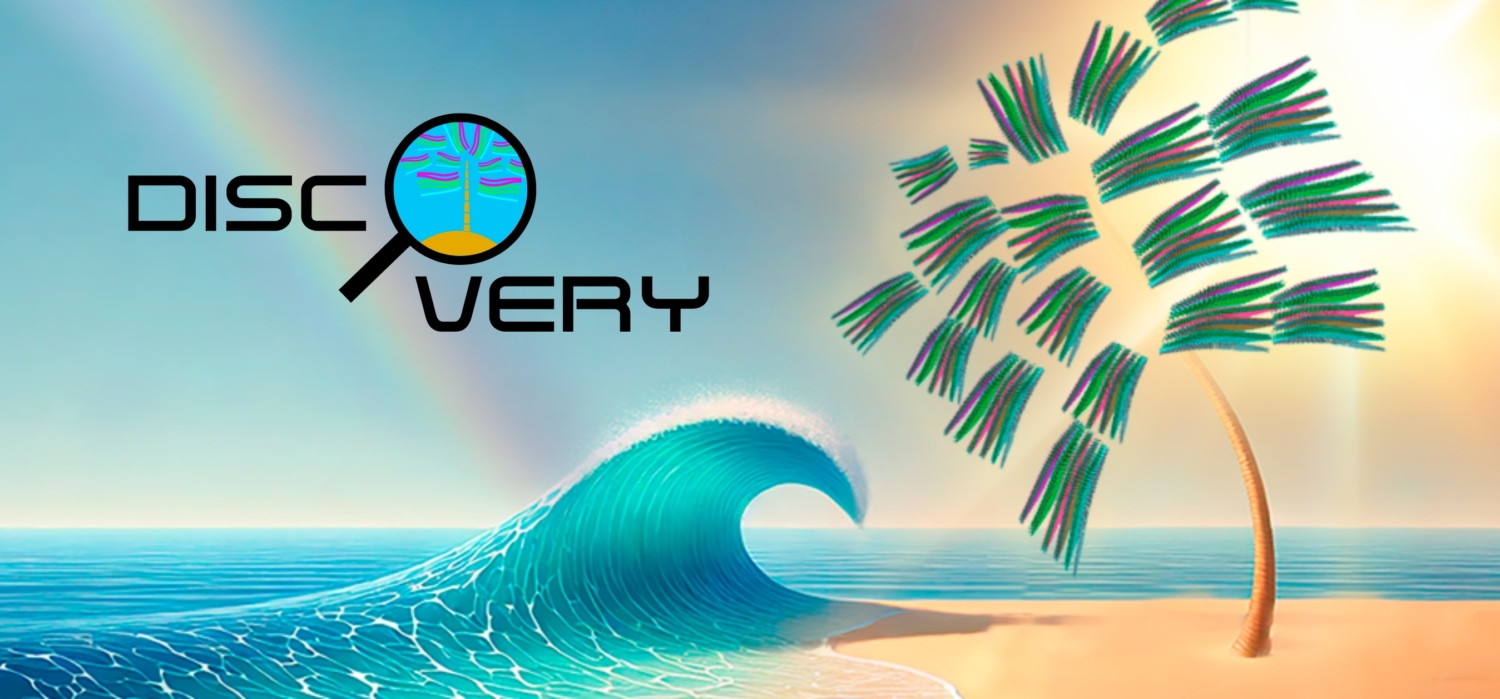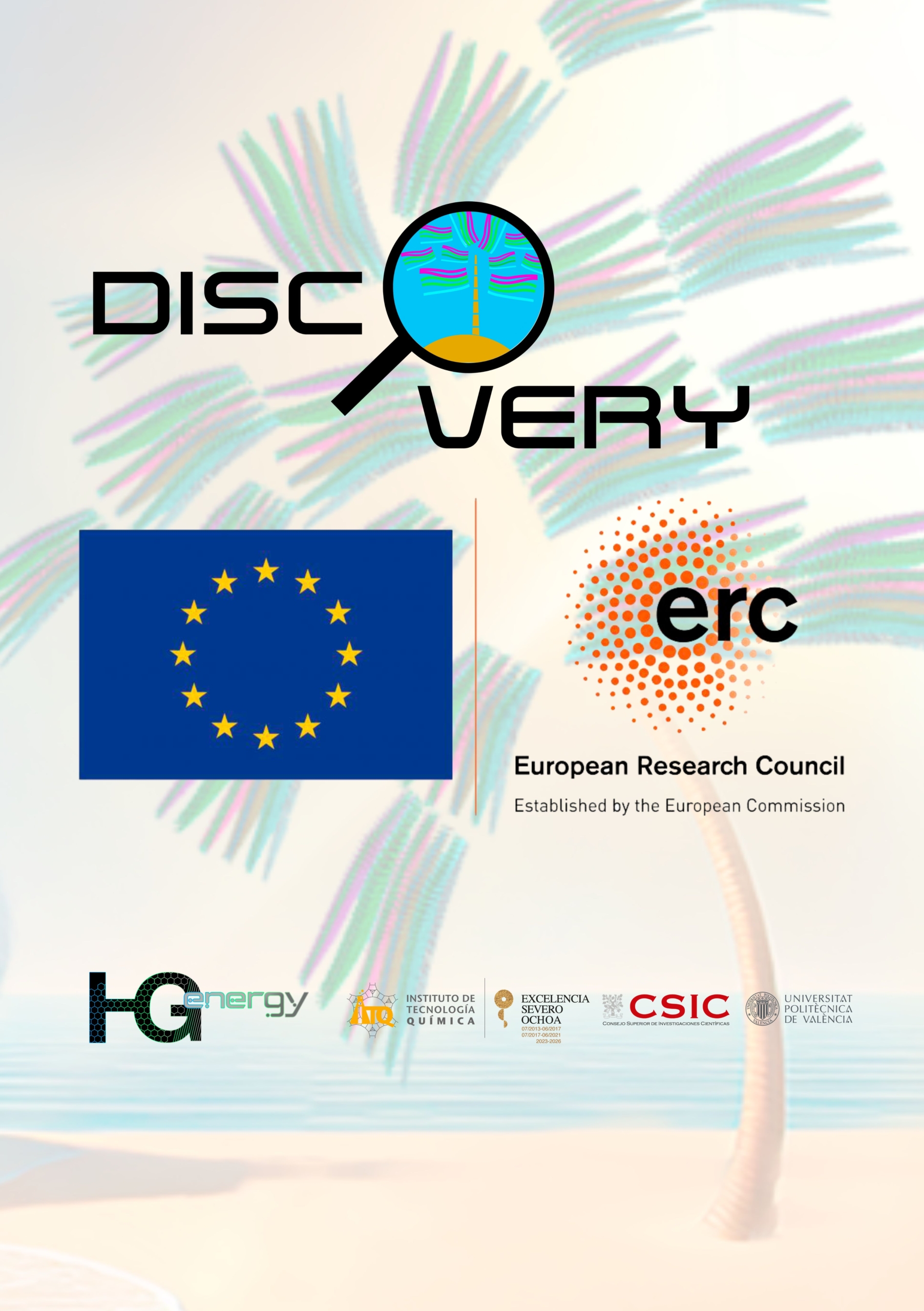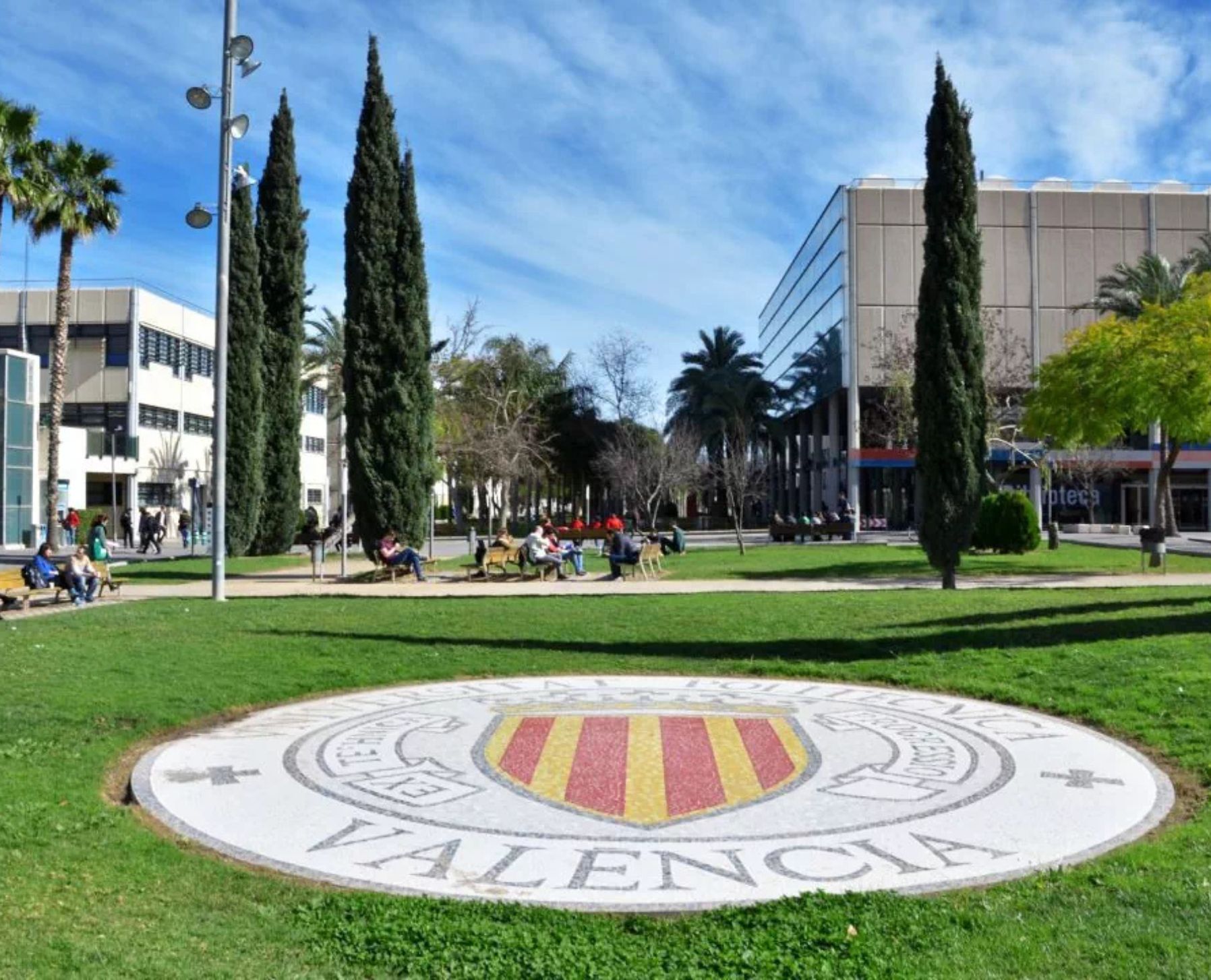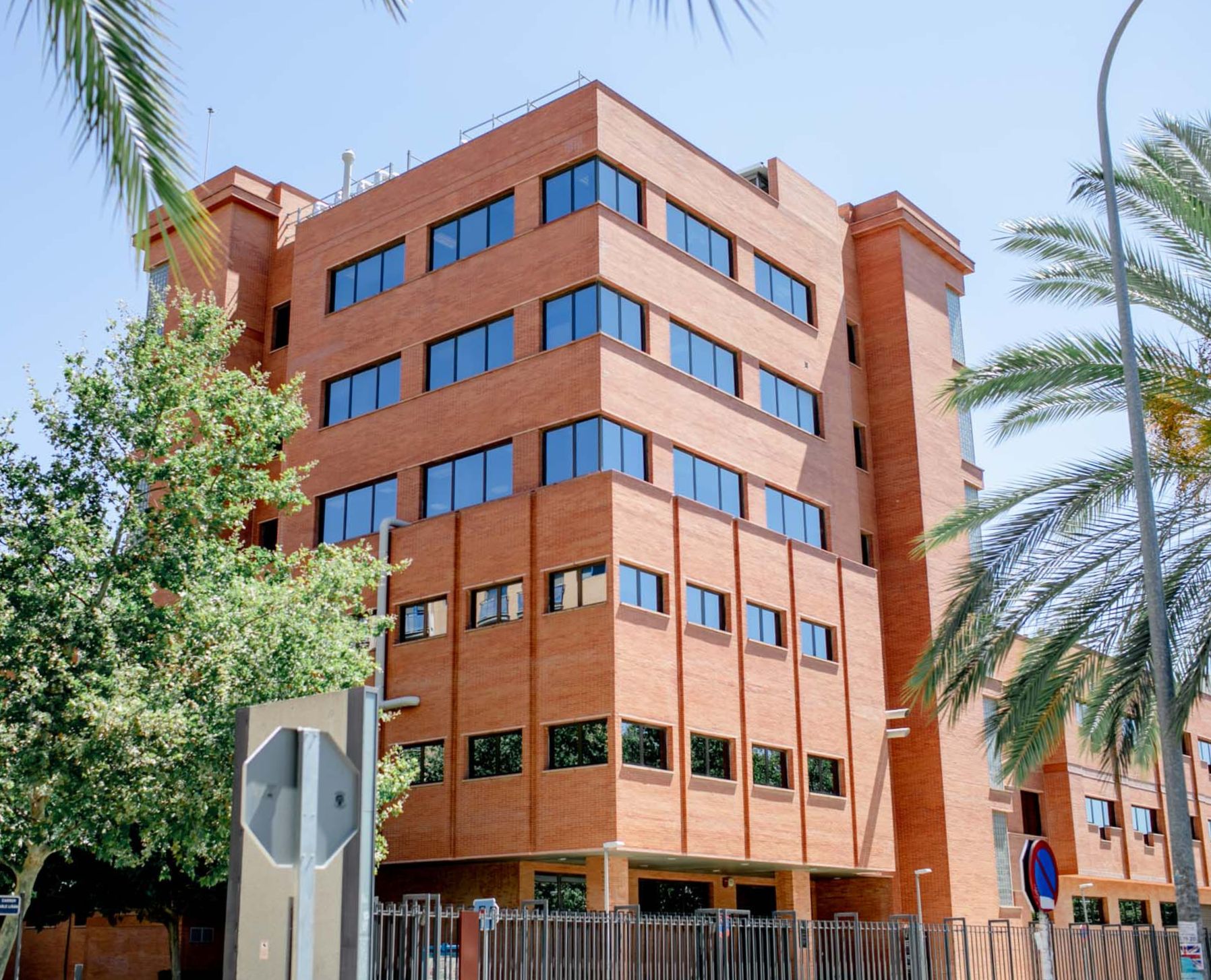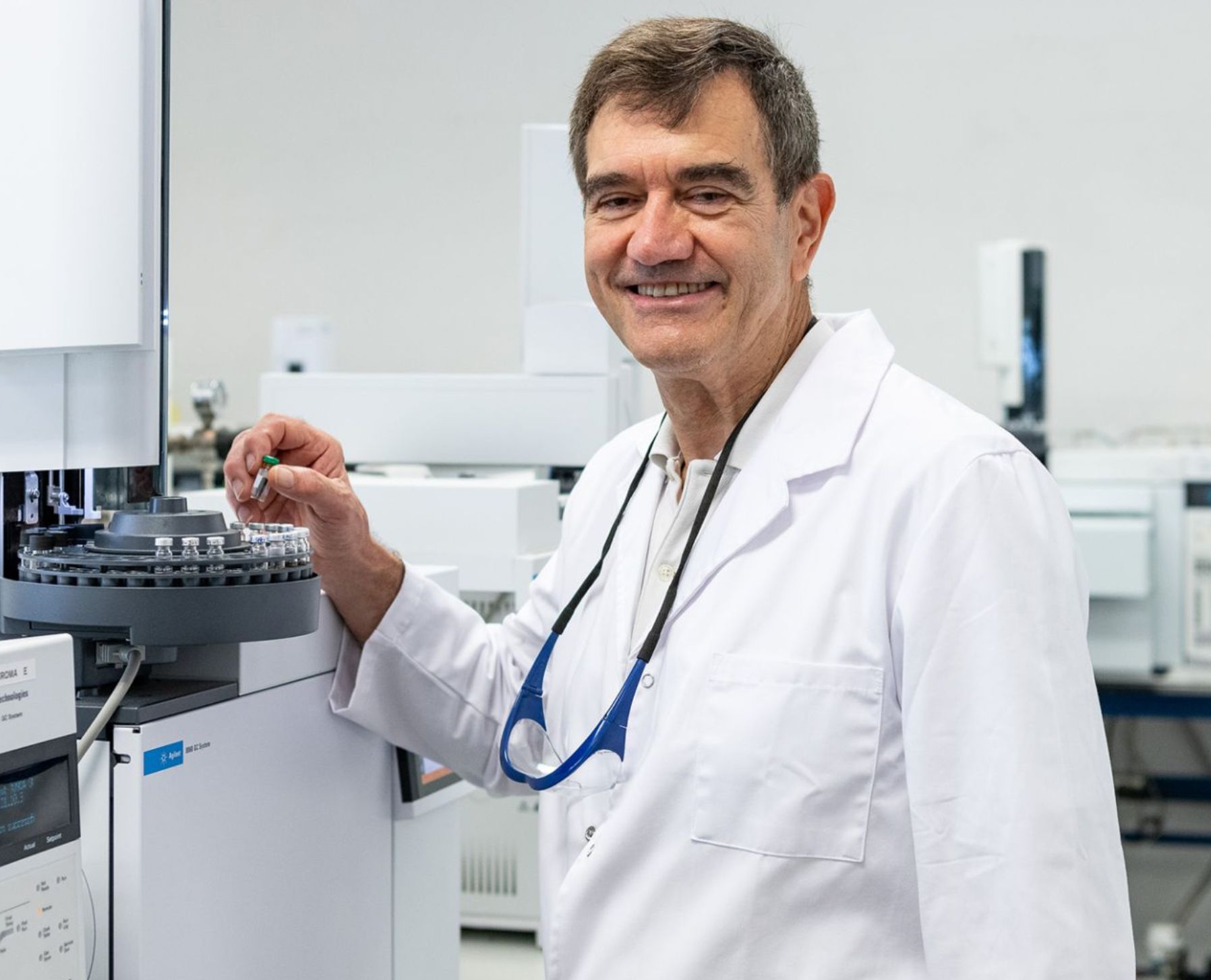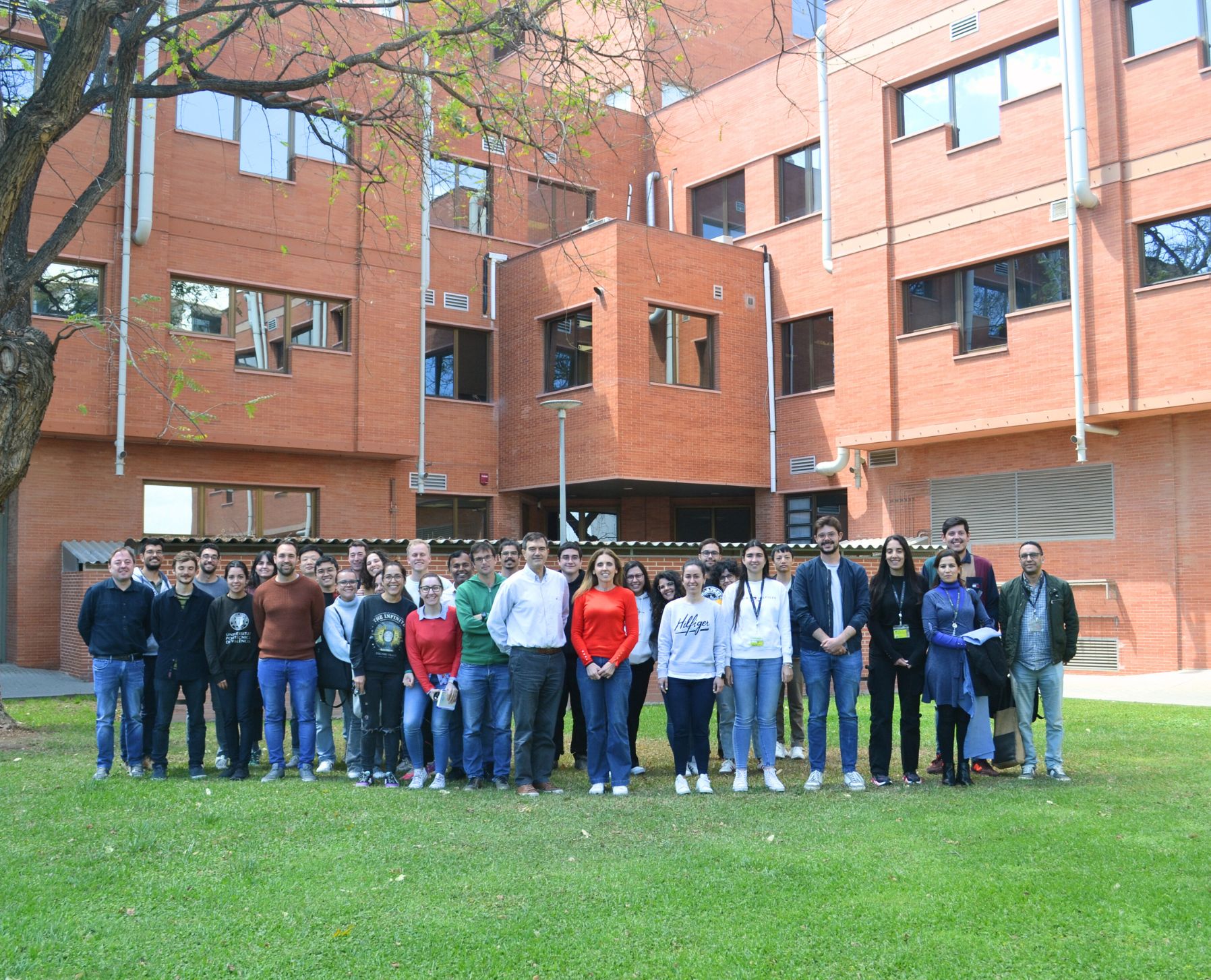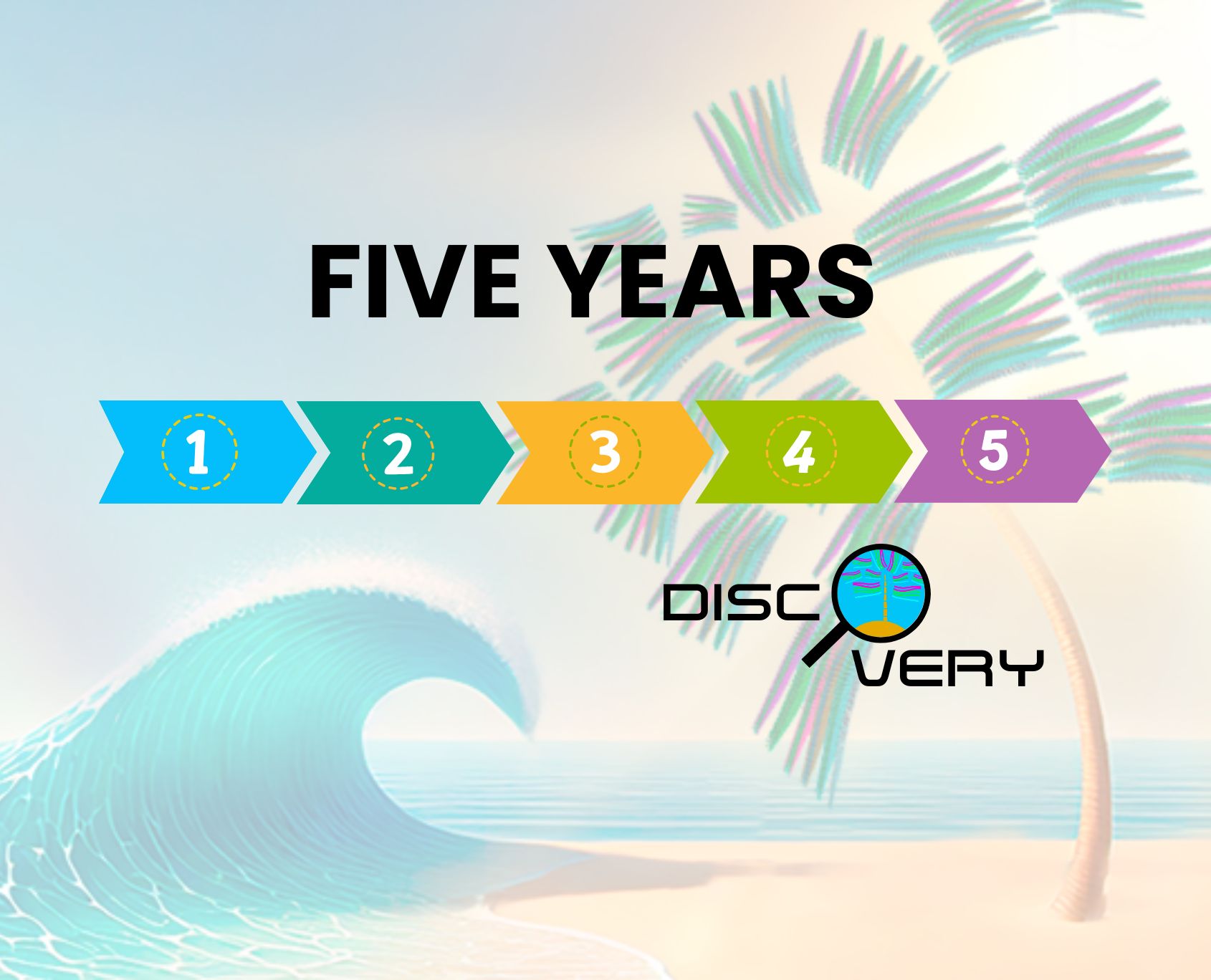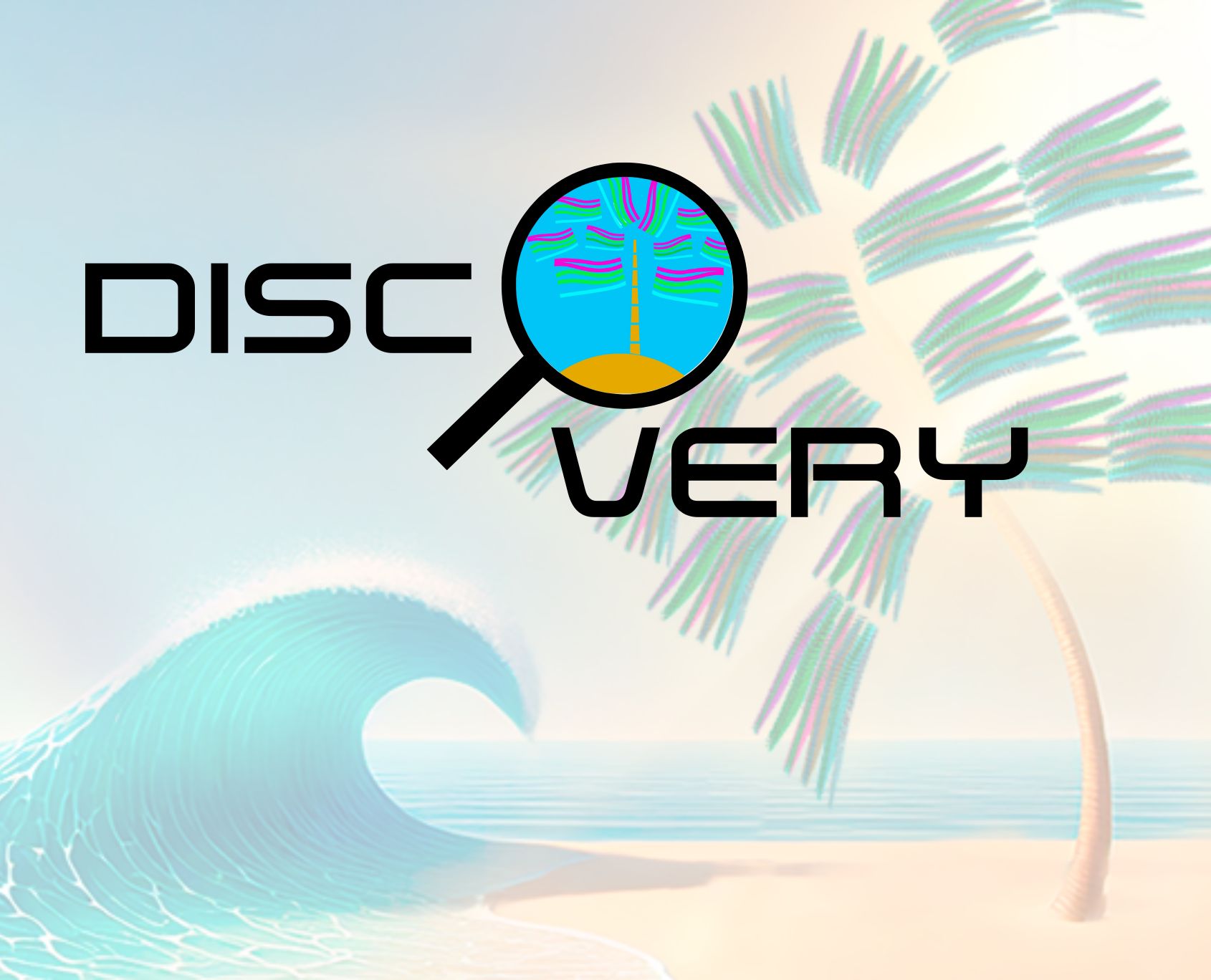Pioneering Use of MXenes: Most MXene research has focused on electrochemical and photocatalytic applications. DISCOVERY is the first major project dedicated to thermal catalysis using MXenes.
High-Risk, High-Reward Approach: The project embraces the ERC spirit of scientific ambition, venturing into uncharted territory with the potential for disruptive innovation.
Multidisciplinary Strategy: Combining experimental chemistry, physics, AI, and theoretical modeling provides a holistic and cutting-edge approach to materials discovery.
Global Impact: If successful, DISCOVERY could reshape industrial catalysis, enabling cleaner production of fuels and chemicals, reducing CO₂ emissions, and supporting the EU’s climate goals.
